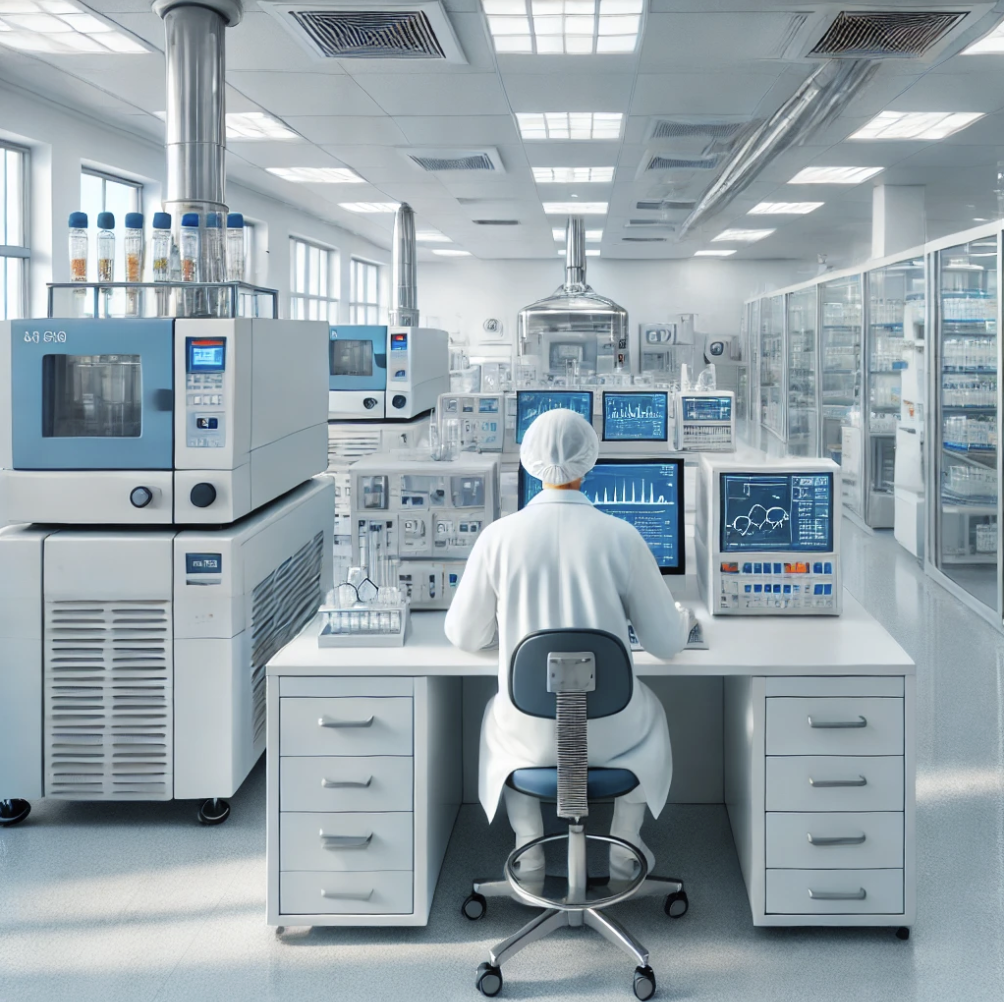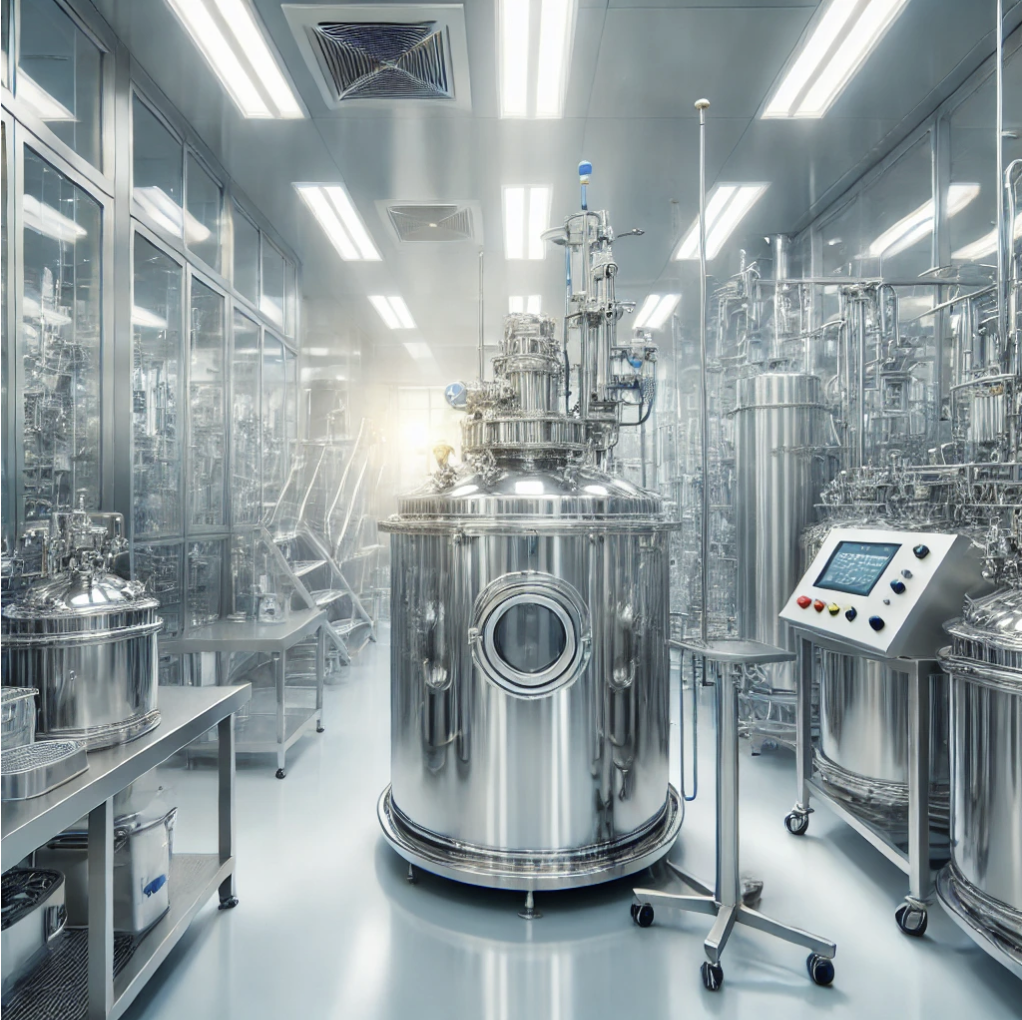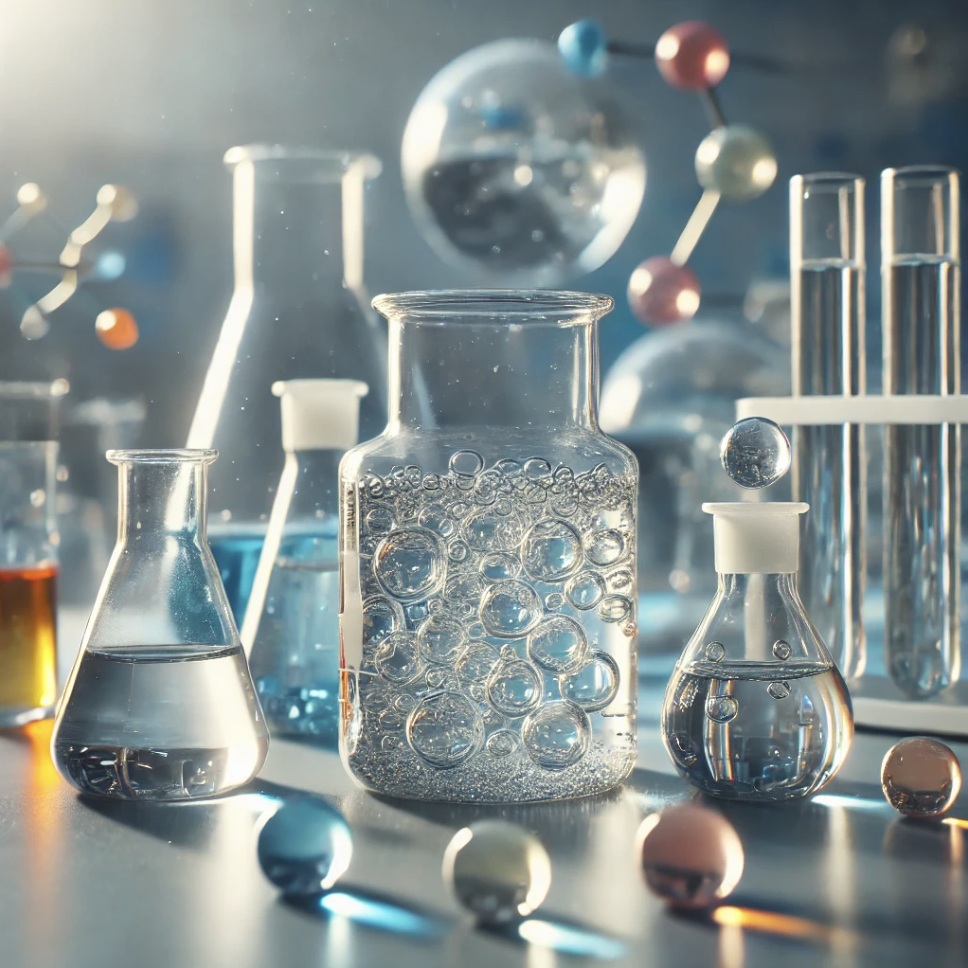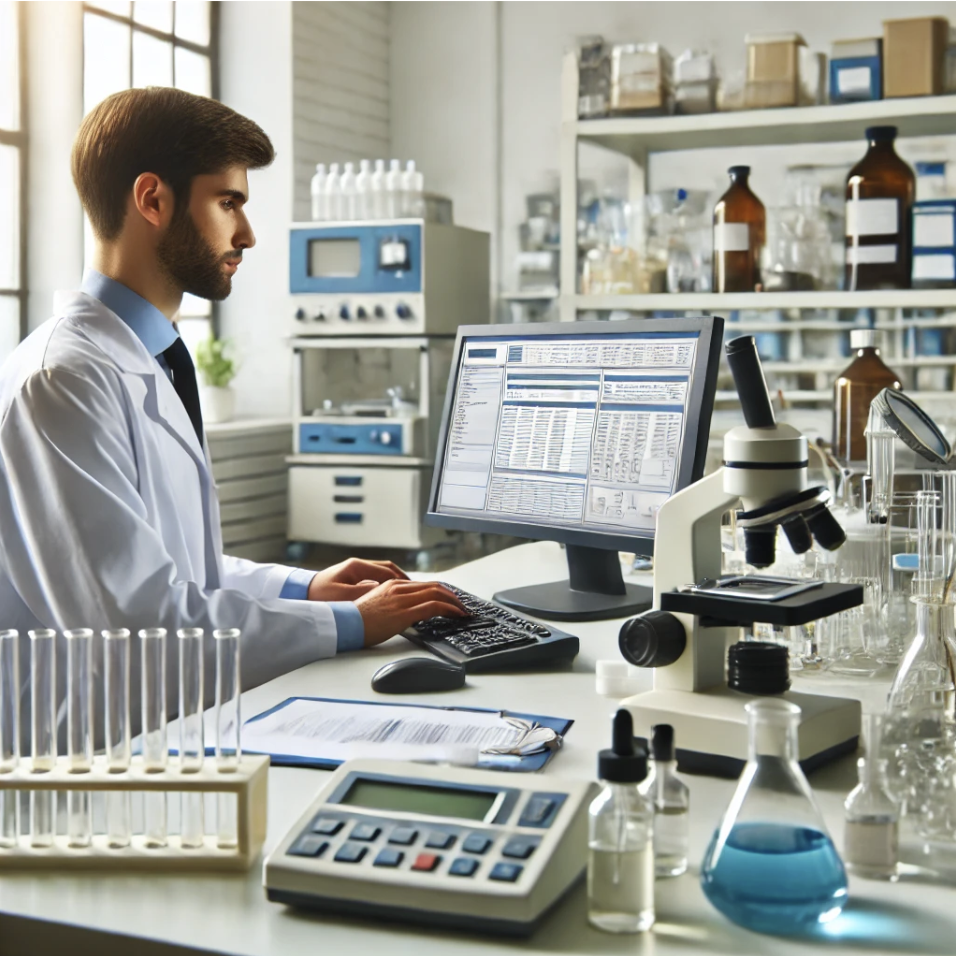- Call Us: + 91-22-69589800
- UNITOP CHEMICALS
- We manufacture surfactants and emulsifiers
- unitop.info@rossari.com
In the pharmaceutical industry, purity and quality are non-negotiable. From life-saving drugs to critical treatments, every product relies on the integrity of its chemical components. For pharmaceutical chemical suppliers, maintaining stringent quality control (QC) measures is not just a regulatory requirement but also an ethical imperative. At Unitop Chemicals, a leading manufacturer of surfactants and emulsifiers, we prioritize quality control as the cornerstone of our manufacturing process.

Pharmaceutical products are highly sensitive to impurities. Even minor deviations in chemical composition can render medications ineffective or, worse, harmful. Therefore, pharmaceutical chemical suppliers must implement robust QC processes to ensure every batch meets the highest standards.
Key reasons why QC is vital include:


Pharmaceutical chemical suppliers are increasingly adopting cutting-edge technologies to enhance QC processes. Automated systems for real-time monitoring and Artificial Intelligence (AI)-powered predictive analytics can identify potential quality issues before they arise.
For manufacturers like Unitop Chemicals, these advancements enable precise control over the production of surfactants and emulsifiers, ensuring that every product meets pharmaceutical-grade quality standards.

Collaboration is essential to maintaining quality across the supply chain. Unitop Chemicals works closely with pharmaceutical companies to understand their unique requirements, offering tailored solutions that align with their quality expectations. This partnership approach ensures that every product delivered is fit for purpose.
In the dynamic world of pharmaceuticals, quality is a shared responsibility. Pharmaceutical chemical suppliers like Unitop Chemicals play a pivotal role in upholding the standards that underpin patient safety and product efficacy. By implementing rigorous quality control measures, leveraging innovative technologies, and fostering collaborative relationships, we continue to set the benchmark for excellence in the industry.